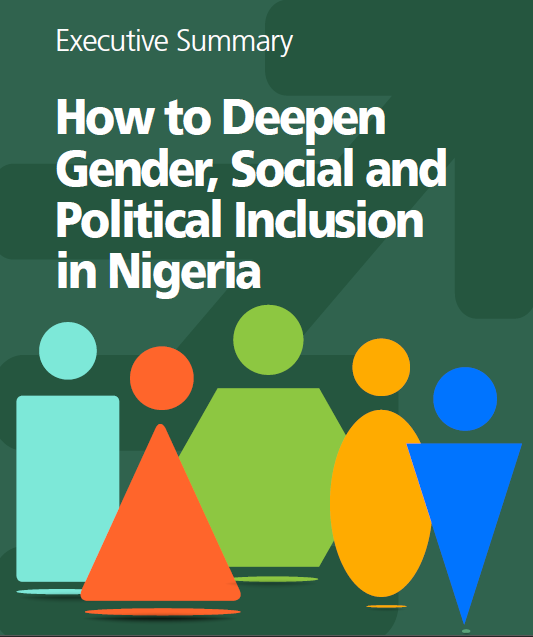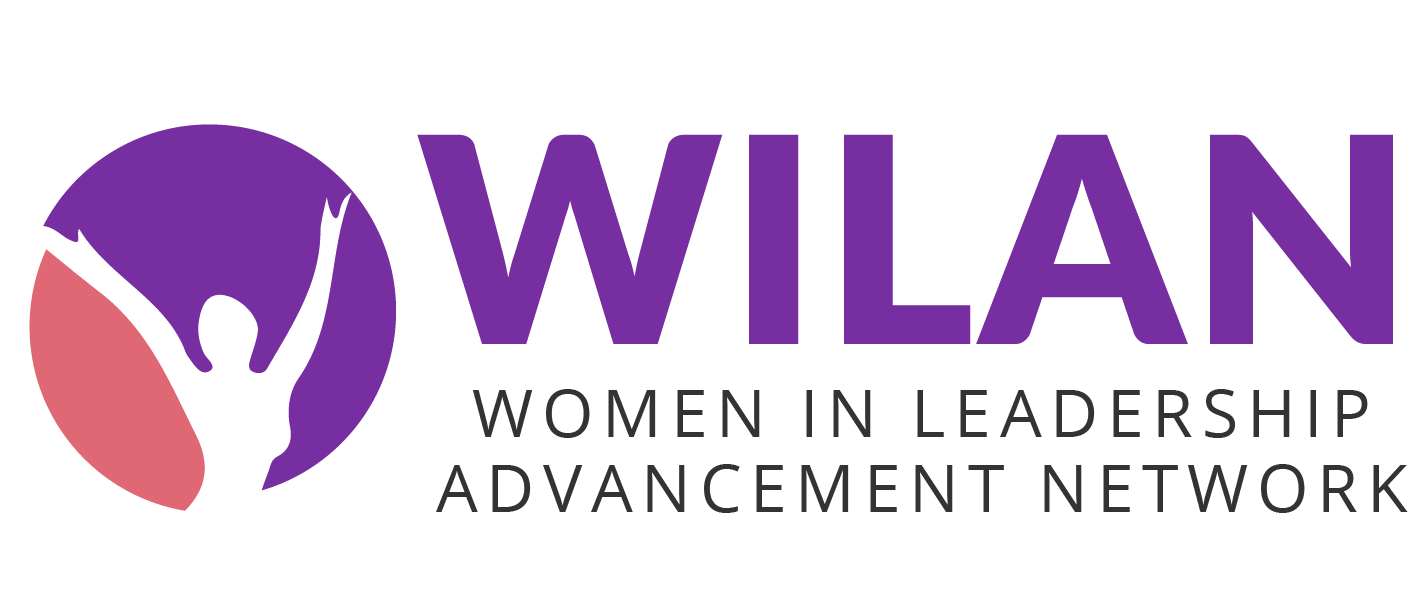How to Deepen Gender, Social and Political Inclusion in Nigeria
Under: Women rights

DESCRIPTION:
More than 60 years after independence, Nigeria still struggles with building an inclusive society. Cries of political marginalisation, which predated independence, have yet to abate. The socio-economic disparity in gender relations remains wide. The low level of inclusion is evident in the unequal power relations and exclusionary processes which have left limited spaces for marginalized groups to participate in the social, political and economic life of the nation. Today’s numerous challenges of terrorism, banditry, rising debt burden, hyperinflation
and other social ills may have somewhat eclipsed discourse on inclusion, but the push to make it a mainstream issue, in the run-up to the 2023 general elections, is no less strident or necessary.
Low level of inclusion incapacitates not just the excluded groups but the country itself. Nigeria thus undermines itself by limiting the potentials of significant segments of its population: women, youths, people living with disabilities, ethnic and religious minorities etc. Deepening inclusion in Nigeria is therefore not a favour to the excluded groups but a sensible route to the overall national development. Continuing to leave substantial segments of the population behind amounts to Nigeria shooting itself in the foot or punching grossly below its weight. It is thus in Nigeria’s enlightened self-interest to be a more inclusive society.
As a concept, Gender Equality and Social Inclusion (GESI) addresses unequal power relations experienced by people due to gender, wealth, ability, location, caste/ethnicity, language, agency, or a combination of these dimensions. It highlights the need for action to rebalance power relations, reduce disparities, and ensure equal rights, opportunities, and respect for all
individuals regardless of their social identity.
This assignment adopts two tracks. First, it is diagnostic, deploying extensive literature/desk review and strategic consultations to unearth the causes of/factors that drive gender inequality and social and political exclusion of certain groups in Nigeria (ethno-religious groups, women, youth, and persons with disabilities (PWDs), among others). The second track used stakeholder and power analyses to identify persons with a mandate to act, and proffers policy actions for current and future governments to foster inclusion in all ramifications.
and other social ills may have somewhat eclipsed discourse on inclusion, but the push to make it a mainstream issue, in the run-up to the 2023 general elections, is no less strident or necessary.
Low level of inclusion incapacitates not just the excluded groups but the country itself. Nigeria thus undermines itself by limiting the potentials of significant segments of its population: women, youths, people living with disabilities, ethnic and religious minorities etc. Deepening inclusion in Nigeria is therefore not a favour to the excluded groups but a sensible route to the overall national development. Continuing to leave substantial segments of the population behind amounts to Nigeria shooting itself in the foot or punching grossly below its weight. It is thus in Nigeria’s enlightened self-interest to be a more inclusive society.
As a concept, Gender Equality and Social Inclusion (GESI) addresses unequal power relations experienced by people due to gender, wealth, ability, location, caste/ethnicity, language, agency, or a combination of these dimensions. It highlights the need for action to rebalance power relations, reduce disparities, and ensure equal rights, opportunities, and respect for all
individuals regardless of their social identity.
This assignment adopts two tracks. First, it is diagnostic, deploying extensive literature/desk review and strategic consultations to unearth the causes of/factors that drive gender inequality and social and political exclusion of certain groups in Nigeria (ethno-religious groups, women, youth, and persons with disabilities (PWDs), among others). The second track used stakeholder and power analyses to identify persons with a mandate to act, and proffers policy actions for current and future governments to foster inclusion in all ramifications.



